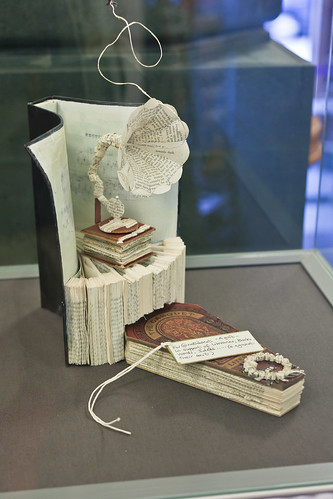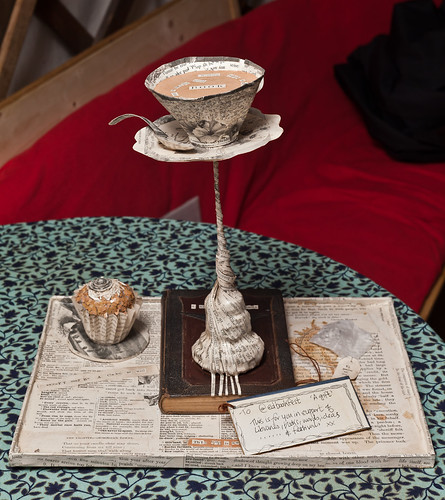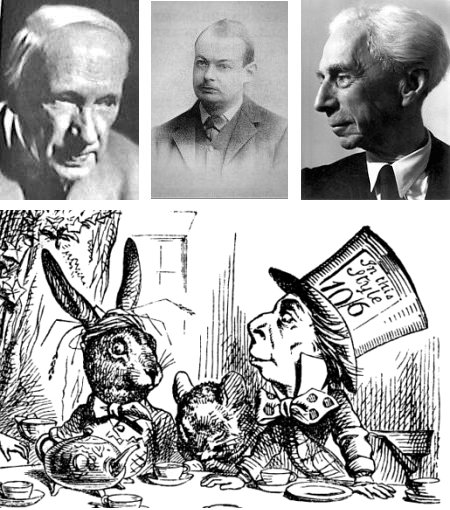I'm no longer esp. fond of either Martin Amis or Larkin, but it must be confessed that the former writes marvelously about the latter, and that
his latest piece (FT, site reg. poss. req'd) is a pleasure. An anecdote that was new to me:
I [Amis] praised him for his courage in learning to drive and buying a car (no other poet I knew would ever go near a steering wheel). Then it went like this:
“You should spend more, Philip. No, really. You’ve bought the car, and that’s good. Now you –”
“I just wish they wouldn’t keep on sending me all these bills.”
“Well it costs a bit to run a car.”
“I just wish they wouldn’t keep sending me all these bills.”
I like his description of L. as a "novelist's poet"
qua "scene-setting phrasemaker." (I was obsessed with L. as a teenager, remember writing a silly college admissions essay explaining how "
my childhood was unspent.") And yet, and yet... My problem with Larkin's corpus is not that it is
cramped, there are narrower writers who strike me as more successful, it is that the poems don't work as wholes. There are two not-fully-separable problems. The first is that too many of the poems use the signature trick of starting crass and tacking on an epiphany at the end ("High Windows," "Money," "Winter Palace," etc.); the predictability of this trick is irritating, and this is probably why I was put off Larkin by reading the Collected straight through. The second problem is that Larkin's low style is more convincing than his "lyrical" high style, so when he runs them into each other -- as in the usual epiphanic ending -- the epiphanies look cheap and prefabricated compared with the "real stuff," the descriptive phrases and the conversational lines.
My favorite Larkin poems -- the obvious ones: the Toads pair, Whitsun Weddings, Aubade -- tend to be relatively uniform in voice; at his best Larkin avoids nature imagery except in metaphorical senses (even when it's clever -- "the moon thinned / to an air-sharpened blade" -- it never seems
assimilated); his voice consists of slightly Edwardian sentiment and "less-deceived" bitterness, mixed in the obvious fogeyish proportions, and these set each other off quite well when woven into Larkin's beautiful long sentences:
But if he stood and watched the frigid wind
Tousling the clouds, lay on the fusty bed
Telling himself that this was home, and grinned,
And shivered, without shaking off the dread
That how we live measures our own nature,
And at his age having no more to show
Than one hired box should make him pretty sure
He warranted no better, I don’t know.
("Mr Bleaney")
(Again, "the frigid wind /
tousling the clouds" is lovely in isolation but doesn't fit; he needs the clouds, but "tousling" is a distraction; it's an indulgence that one is disinclined to object to but Larkin's style is defined by consistency of voice and character... If this were prose one would unhesitatingly call it overwritten.) The relevant comparison is with Frost -- really the only comparable figure, technically -- who has a plainer and more effective style, and gets away with the plainness by having so many of his poems be dialogues.
I realize that this isn't a terribly satisfactory account of anything but there is something very specific and hard to put into words that irritates me about Larkin's poems and my inability to like them, and it's hard to resist the urge to scratch.









